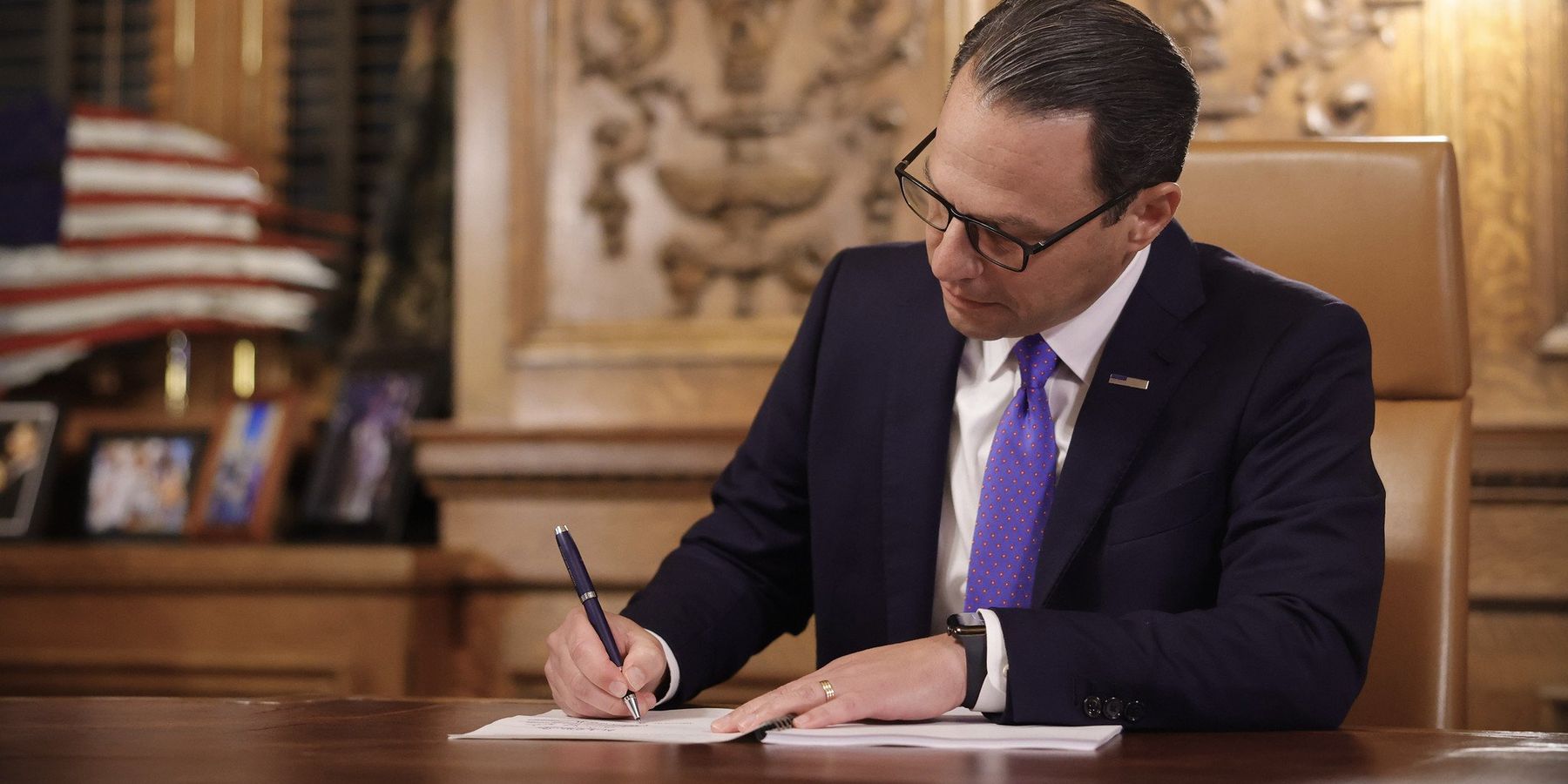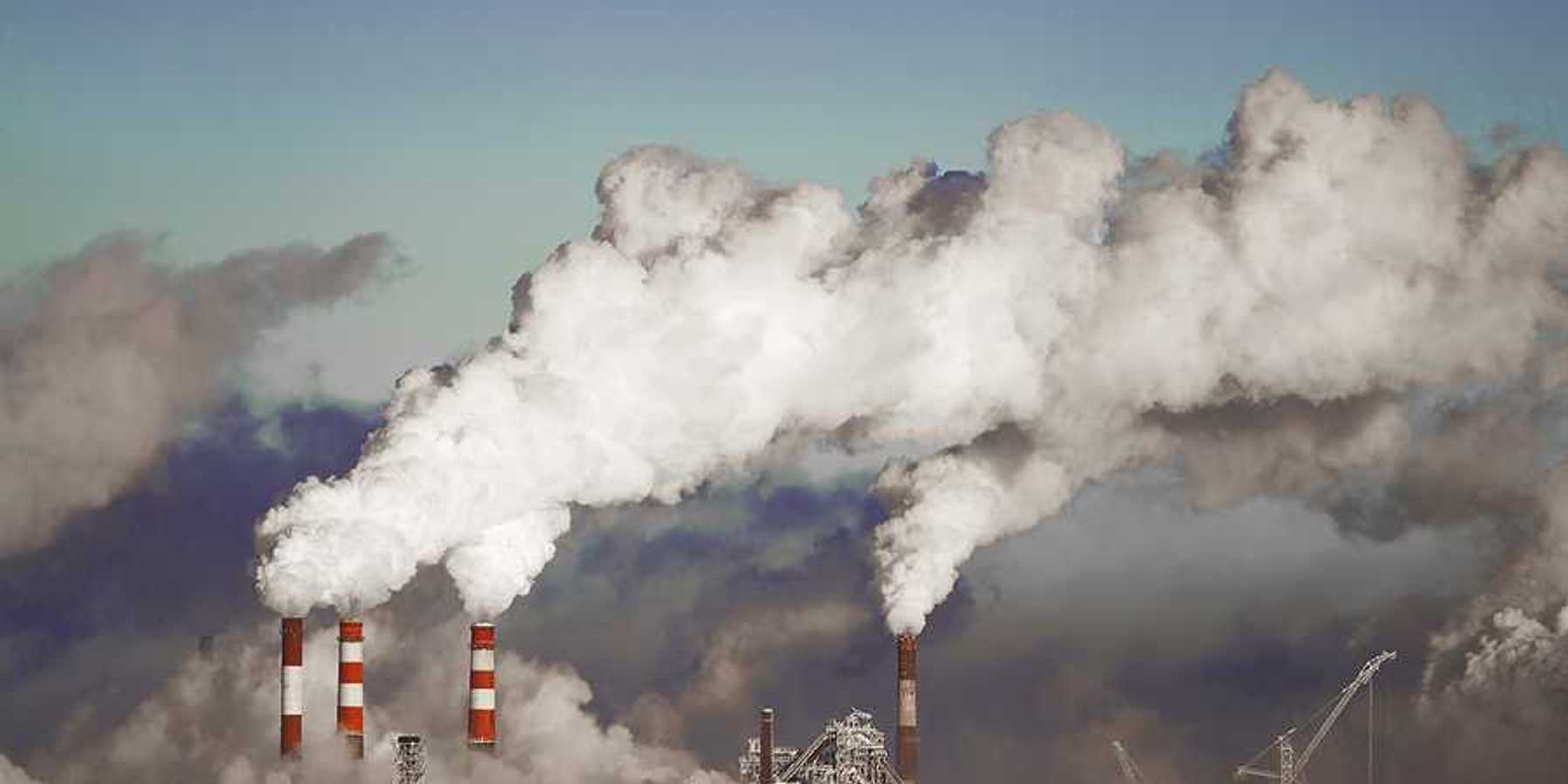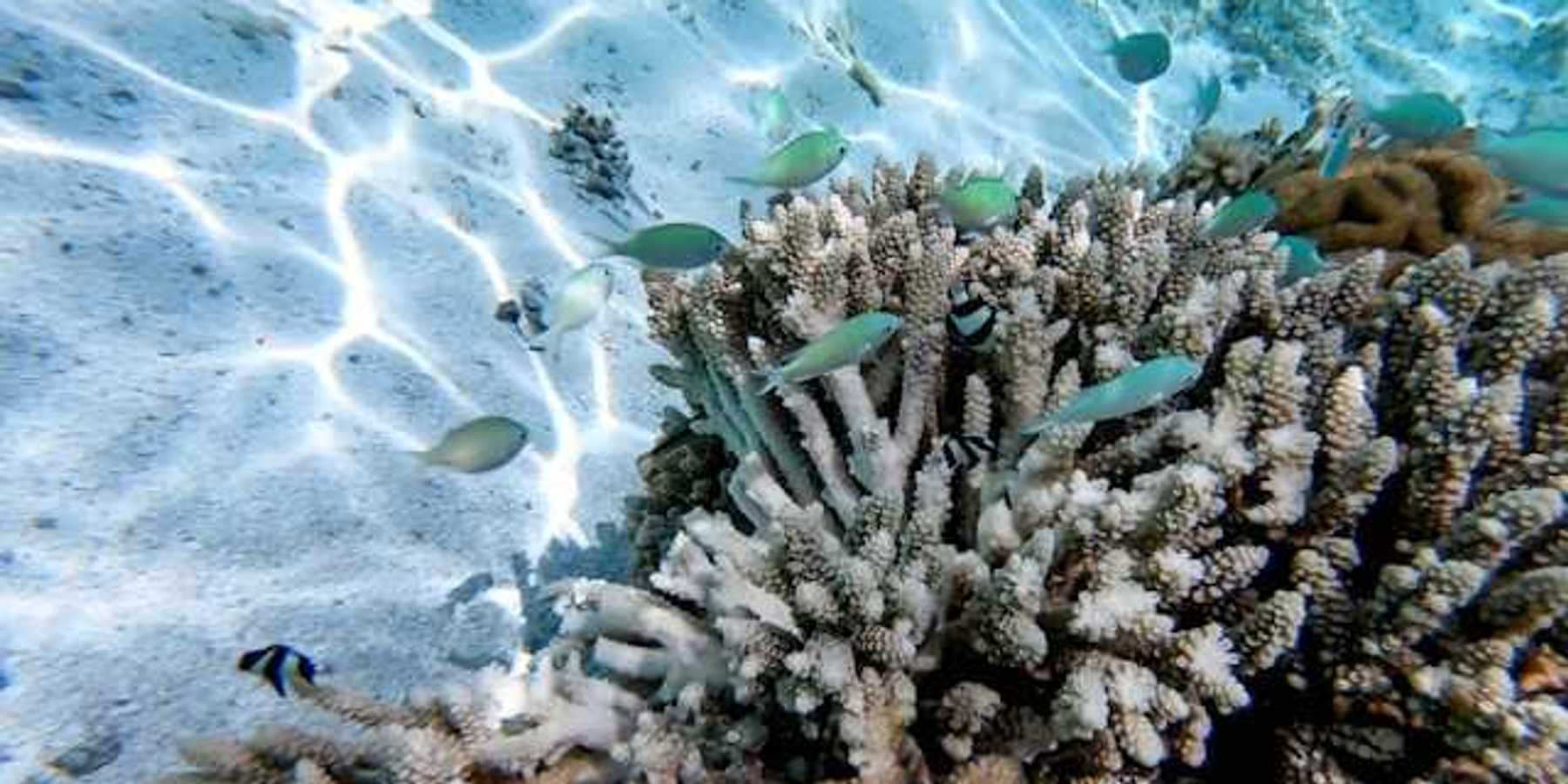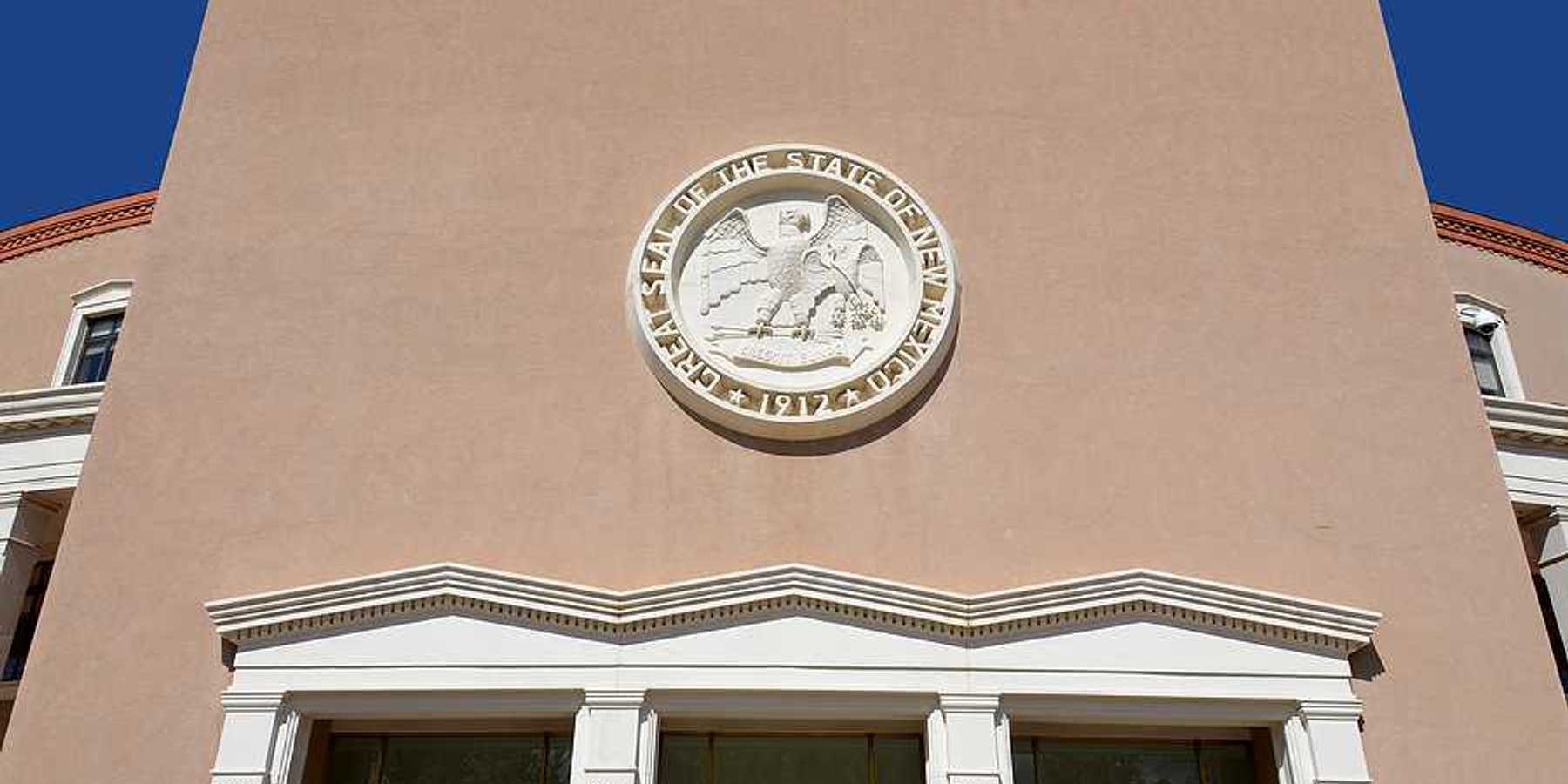
30 environmental advocacy groups ask PA governor to veto carbon capture bill
“Putting resources toward carbon capture and storage instead of renewable energy is wasting time we don’t have.”
PITTSBURGH — A group of more than 30 environmental and health advocacy groups have asked Pennsylvania Governor Josh Shapiro to veto a bill that would pave the way for carbon storage in the state.
The bill, SB831, which was passed by the state legislature on Friday, creates a legal framework for climate-warming carbon emissions captured from burning fossil fuels to be injected underground and stored indefinitely to prevent them from escaping into the atmosphere. Some environmental advocacy groups support the bill, while others oppose it.
Carbon capture and storage infrastructure is being advanced across the country thanks to federal funding and tax credits through the federal Inflation Reduction Act, but the technology remains controversial.
Proponents say it can reduce carbon emissions while protecting the power grid, while opponents say the technology is unproven and will divert resources from the rapid clean energy transition needed to slow climate change. The debate over the Pennsylvania bill has mirrored the national and global debates about carbon capture and storage.
“Inviting this technology into the state is just setting us up for more fossil fuel extraction, which is what it’s actually all about,” Karen Feridun, co-founder of the Better Path Coalition, a Pennsylvania-based environmental advocacy group, told EHN. “Putting resources toward carbon capture and storage instead of renewable energy is wasting time we don’t have.”
On July 16, the Better Path Coalition submitted a letter on behalf of more than 30 environmental advocacy groups calling on Governor Shapiro to veto the bill.
“Inviting this technology into the state is just setting us up for more fossil fuel extraction, which is what it’s actually all about." - Karen Feridun, Better Path Coalition
“The bill strips Pennsylvania landowners of their subsurface property rights, shifts liability to the state, and exposes everyone to a new and very dangerous generation of fossil fuel Infrastructure,” the letter reads. “SB 831 should not be enacted for the sake of the Commonwealth and the people who depend on you to make the courageous choice to protect them.”
The letter also references a previous letter the group sent to lawmakers prior to the vote on the bill that outlined scientific concerns about the shortcomings of carbon capture and storage technology.
“There are a lot of unanswered questions about how to do carbon storage safely and effectively in general, and even more about doing it in Pennsylvania where we have unique geology and hundreds of thousands of abandoned [oil and gas] wells, many of which are in unknown locations,” Feridun said. “It’s premature at best to pass a bill allowing this and saying it’s in the public interest when this process has never been done successfully.”
Several lawmakers, including state Senator Katie Muth and state Representative Greg Vitali, made remarks opposing the bill prior to its passage.
“This bill is deeply flawed and does not provide the necessary safeguards for communities or our environment nor does it provide an actual solution for combatting the climate crisis,” Muth said.
The bill received support from business and labor organizations including the Pennsylvania State Building and Construction Trades Council, the AFL-CIO, and the Pennsylvania Chamber of Business and Industry.
“Carbon capture technology has the potential to create a significant number of good paying jobs in the construction industry while simultaneously creating family-sustaining permanent jobs for the citizens of our commonwealth,” said Robert Bair, president of the Pennsylvania State Building and Construction Trades Council, in a statement.
A handful of other environmental advocacy groups, including the Pennsylvania Environmental Council, Environmental Defense Fund, the Clean Air Task Force, and the Nature Conservancy, worked with lawmakers in the House to amend the bill and ultimately supported its passage.
“Carbon capture technology has the potential to create a significant number of good paying jobs in the construction industry while simultaneously creating family-sustaining permanent jobs for the citizens of our commonwealth.” - Robert Bair, Pennsylvania State Building and Construction Trades Council
The amendments included public land protections, special provisions for environmental justice communities, community engagement requirements, improved landowner rights, preventative requirements for induced seismic activity, extending the default post-injection site care period, and enabling the Department of Environmental Protection to promulgate and enforce additional regulations as needed to protect the people and environment of the Commonwealth.
“The future of [carbon capture and storage] in Pennsylvania remains to be seen, but we cannot forgo the opportunity to adopt necessary performance standards,” the Pennsylvania Environmental Commission said in a statement. “Now we have the basis to make that happen.”
Feridun said of the amendments, “They’re like putting on cologne when you have really bad body odor… the bill is still fundamentally a bad bill.”
Carbon capture and storage are necessary to pave the way for Pennsylvania to be part of two proposed, federally funded hydrogen hubs — the Mid-Atlantic Hydrogen Hub and the Appalachian Hydrogen Hub — which would rely on the technology. Both projects have the potential to funnel billions of taxpayer dollars to industry partners, which include numerous fossil fuel companies.













